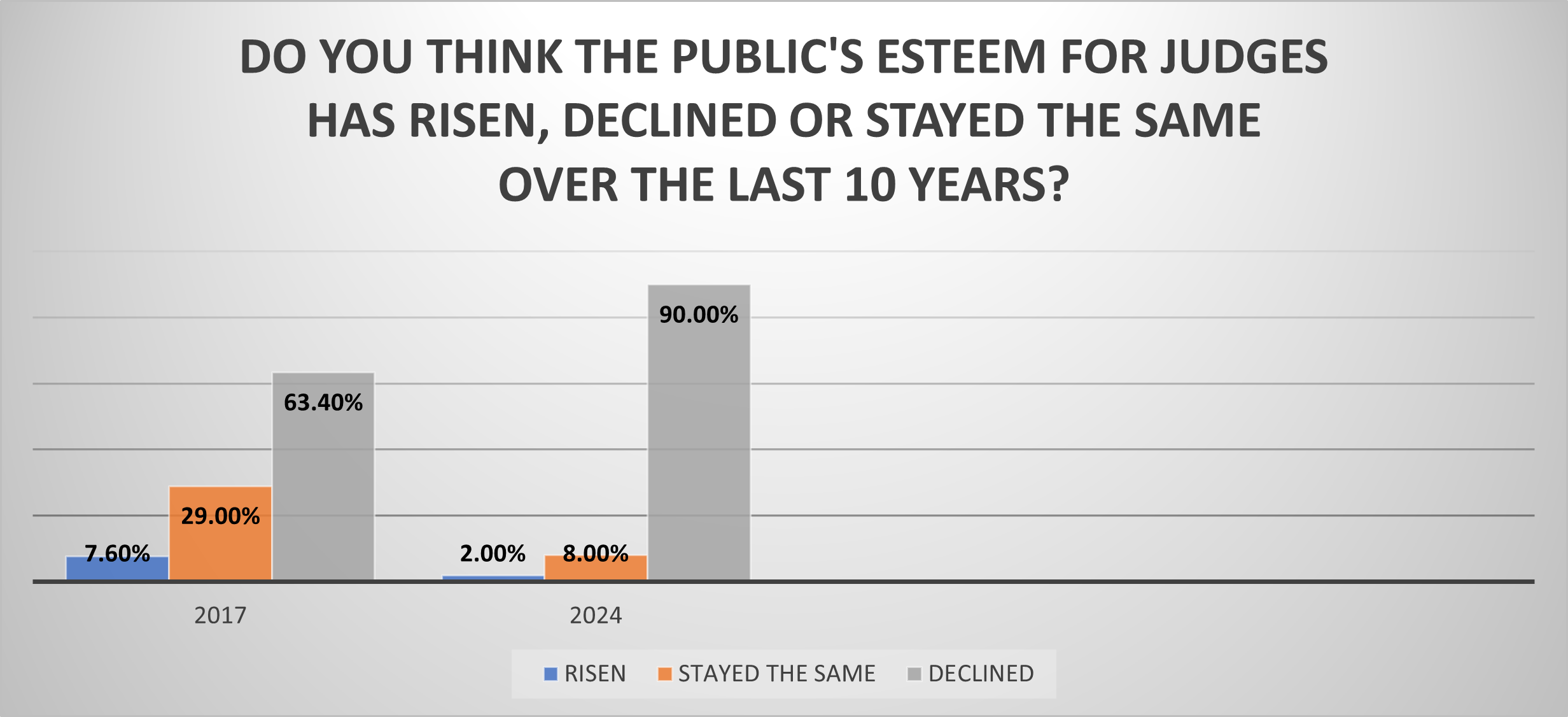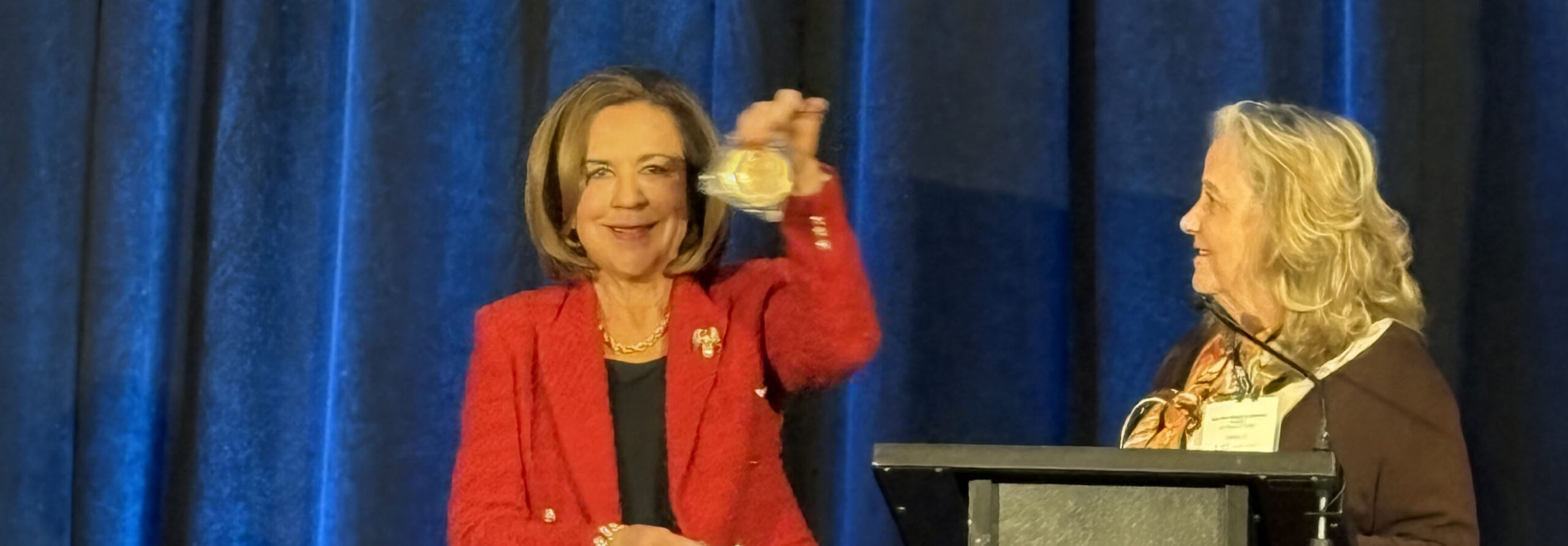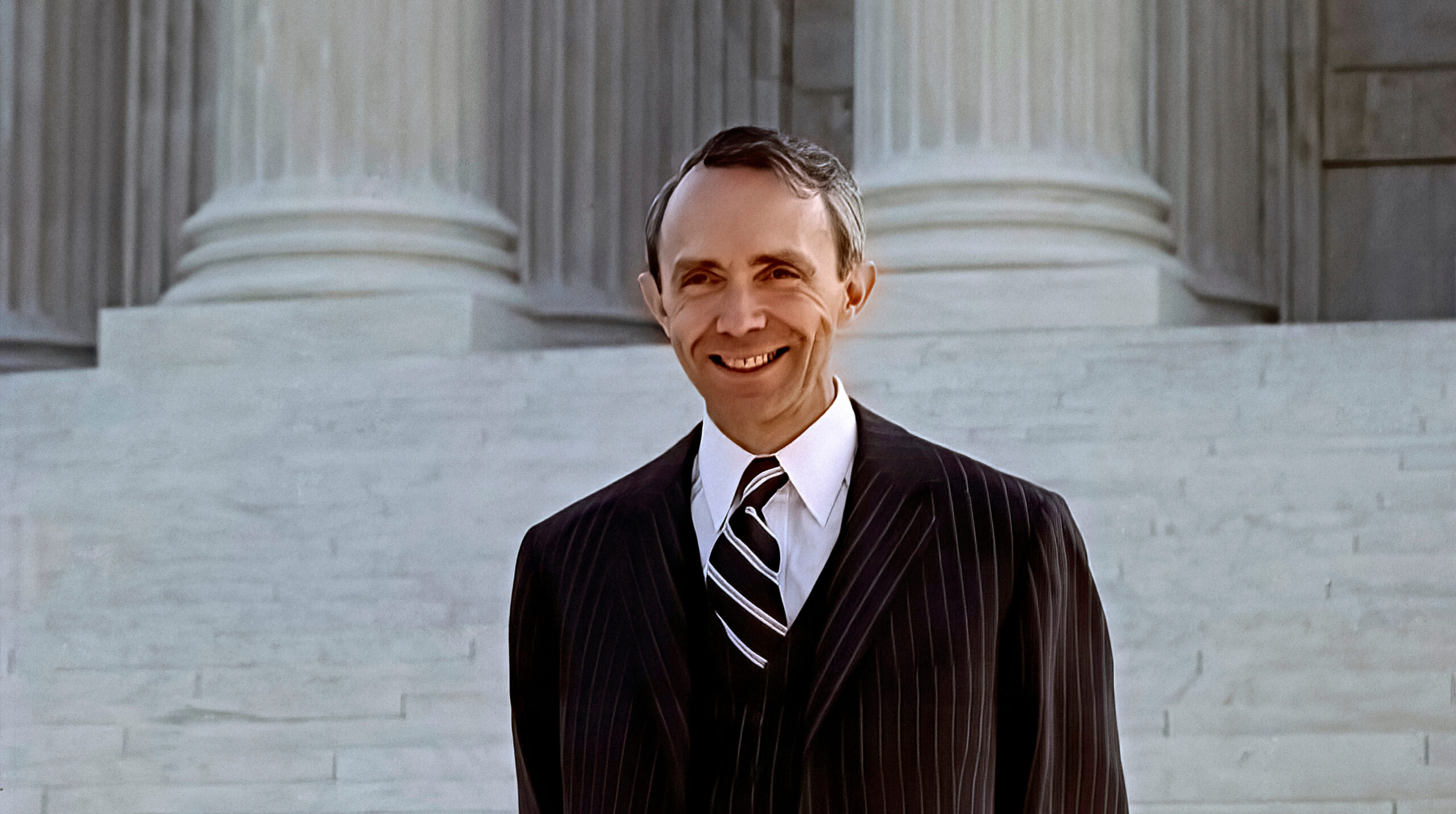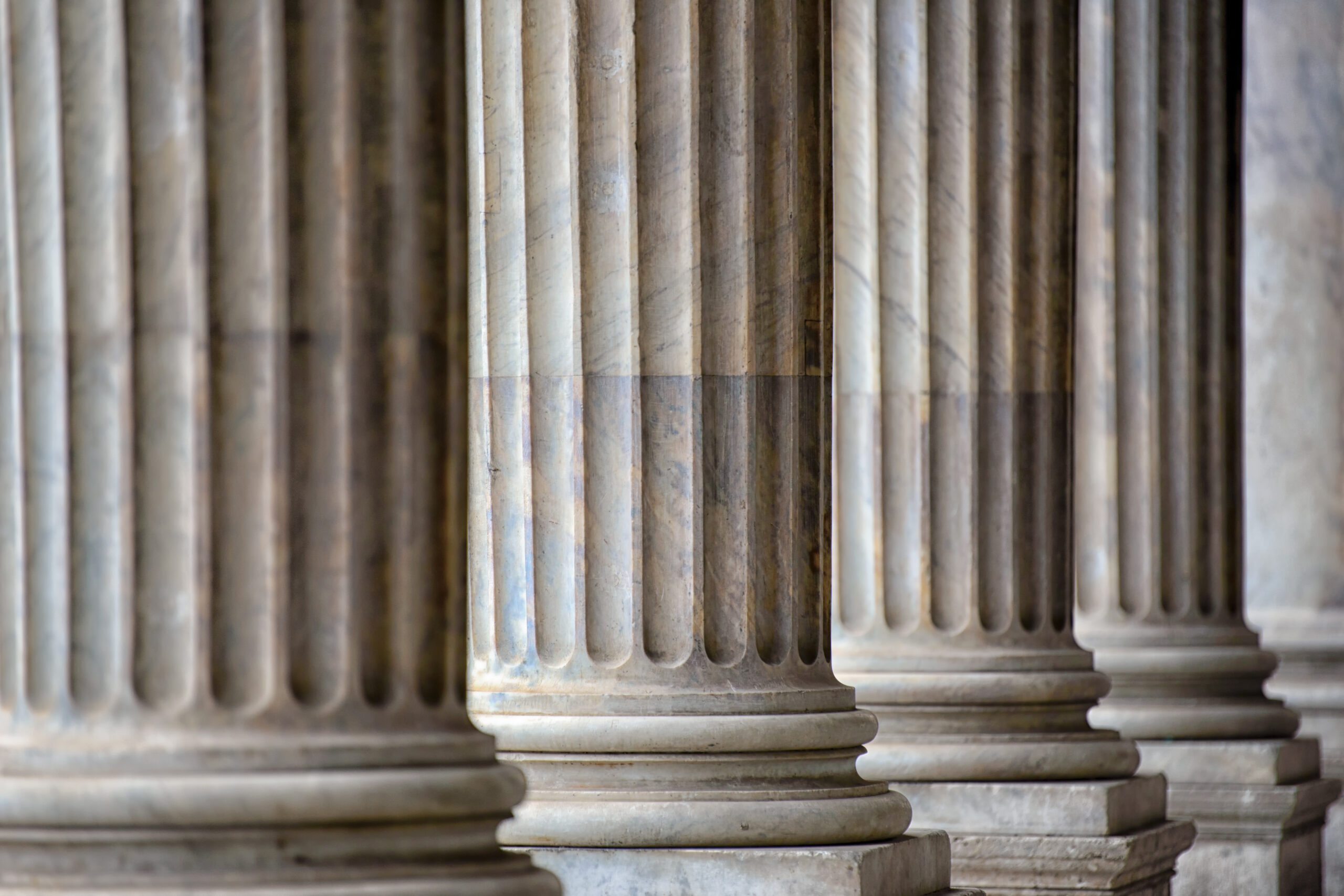
RENO, Nev. (March 8, 2024) — In what may reflect a devastating blow to the morale of the judiciary, 9 out of 10 judges believe the public’s esteem for judges has fallen, according to an informal survey* by The National Judicial College (NJC).
Each month, the NJC emails its 12,000+ alumni an informal, non-scientific one-question survey. February’s question asked: [1] “Do you think that the public’s esteem for judges has risen, declined, or stayed the same over the last 10 years?”
More than 90 percent of the 479 judges who responded said they thought it had declined. Two percent thought it had risen; 8 percent felt it had stayed the same.
In 2017, when the College asked the same question, 63 percent thought it had declined, 8 percent thought it had risen, 29 percent thought that it had stayed the same.
In other words, the share of judges who think public esteem for judges has declined increased by 43 percent from seven years earlier.
The most common reasons cited for the reputational decline were:
● A perceived politicization of the Supreme Court of the United States (both in decisions and because of partisan nomination battles);
● National leaders’ attacks on the judiciary (especially by former President Donald Trump);
● The COVID-19 pandemic (some judges perceived that a portion of the public turned against the government generally because of mask mandates, vaccination protocols and other government mandates);
● Increasing distrust of public institutions and reduced respect for authority generally over time;
● Greater visibility of negative news and comments about the justice system (e.g., police brutality, the George Floyd killing) because of social media and conventional mass media coverage.
A full story on the results including judges’ comments can be found on The National Judicial College’s website at https://www.judges.org/news-and-info/nearly-all-judges-believe-the-publics-respect-for-judges-has-declined.
Each month the College emails an informal, non-scientific one-question survey to its more than 12,000 judicial alumni in the United States and abroad. The results, summarized in the NJC’s Judicial Edge Today, are not intended to be characterized as conclusive research findings. The NJC is a nonpartisan, nonpolitical organization and these monthly polls are designed to engage our alumni in thought-provoking dialogue.
Created more than a half-century ago at the recommendation of a U.S. Supreme Court justice, The National Judicial College remains the only educational institution in the United States that teaches courtroom skills to judges of all types from all over the country, Indian Country and abroad. The categories of judges served by this nonprofit and nonpartisan institution, based in Reno, Nevada, since 1964, decide more than 95 percent of cases in the United States.

The National Judicial College has awarded Missouri Supreme Court Judge Mary Russell with the Sandra Day O�...

Emeritus Trustee Bill Neukom (left) with former Board of Trustee Chair Edward Blumberg (right) at the NJC 60...

The National Judicial College, the nation’s premier institution for judicial education, announced today t...

The National Judicial College (NJC) is mourning the loss of one of its most prestigious alumni, retired Uni...

As threats to judicial independence intensify across the country, the National Judicial College (NJC) today...